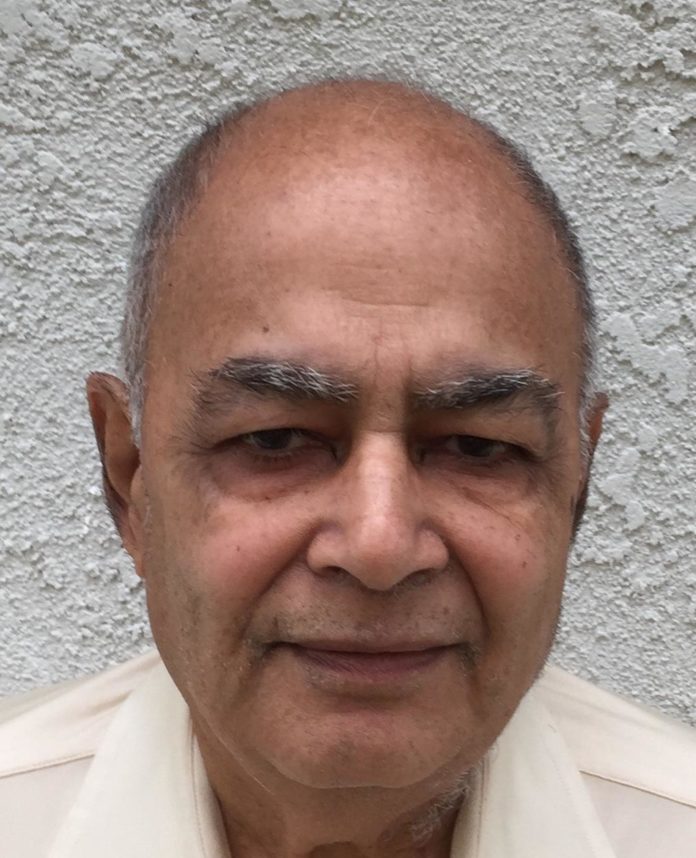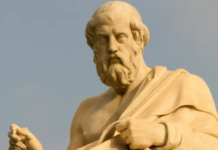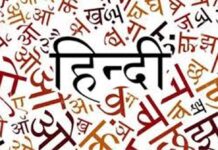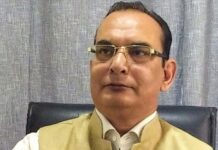By Hemendra Acharya
Recently the Indian government amended the Indian Constitution and removed certain special rights granted to the residents of the Indian state of Jammu and Kashmir. These rights were granted temporarily under Articles 370 and 35A of the Constitution. Furthermore, expecting that this action will lead to violent protests in the state, as has been the norm for last thirty years, the Indian government imposed certain restrictions on movement and communications. Although these restrictions have been gradually lifted, Pakistan has led a misinformation campaign, that misrepresents the abrogation of Article 370 and 35A from the Indian Constitution. It has even threatened a nuclear war over this action. An image of India as an occupying power trampling on the rights of Muslims of Kashmir valley has been created by Pakistan. Major international media outlets, such as BBC, or New York Times or Al Jazeera have also projected a similar image in their reports.
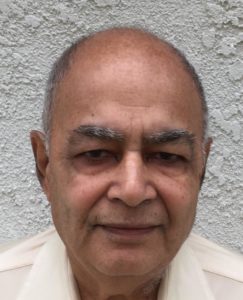
As Prime Minister Narendra Modi said at the “Howdy Modi!” event in Houston, the people living in Jammu and Kashmir will now have the same rights and privileges as the rest of India’s citizens. There is no denial of any fundamental rights to any residents as a result of this action. The existence of special rights for the people of Jammu & Kashmir had generated a feeling of being different which in turn was exploited by forces inimical to the unity of India and had resulted in loss of more than 70,000 lives during last thirty years. Continuing with Status Quo was not leading to any peace in the area. Hopefully the removal of these articles will now lead to greater national integration.
Many Indian Americans have been concerned about this misinformation campaign in the media and have been alarmed when prominent politicians, such as Senator Bernie Sanders, a Presidential Candidate or Representative Jayapal, have made statements which appear to show a lack of knowledge of the Kashmir issue and the context in which the restrictions were imposed. The international media and the politicians do not also explain or understand that the abrogation of Articles 370 and 35A will lead to tremendous benefits to the people of Jammu and Kashmir. It is therefore important that Indian Americans educate their political leaders on the real beneficial implications of these steps. For example, this step will lead to:
Gender Equality: Under Article 35A, a Kashmiri man can marry anyone outside Kashmir and still retain rights to his parent’s land and property. However, under this same article, if a Kashmiri woman marries an Indian not residing in Kashmir, then the women loses all rights to land and property. If therefore a Kashmiri woman wants to retain rights to ancestral property, then she is constrained from marrying anyone of her choice. The removal of Article 35A eliminated this disparity and restores gender equality.
Article 370 ensured that laws passed by the Indian Parliament are not automatically applicable to the state of Jammu and Kashmir. Therefore, laws designed to provide additional legal and political or economic support to the Dalits and other weaker sections of India were not applied in Jammu and Kashmir. Progressive Laws such as Reservations for weaker sections in schools and colleges and government jobs, or protection of LGBTQ community were no longer applicable.
Disparity in Development: Articles 370 and 35A ensured that no Indian or foreign entity can own property in the state. This provision essentially stopped all outside investment in the state. The state, set in the high Himalayan mountains can be home to a very booming tourism industry, like in Switzerland, but lack of outside investment has led to a very meager development of tourist industry in the state. Robust tourism means development of business and employment for hotels, restaurants, guides, transport workers and other manual workers as well as additional employment generated from associated infrastructure development. All these possibilities were denied to Kashmiris because of this provision but will now be available.
Discrimination against Buddhists: Almost half of the state of Jammu and Kashmir is the high plateau area of Ladakh, populated mainly by Buddhists. However, because the population of Ladakh is low, it had only meager representation in the state government and therefore got very little development money even though Ladakhis are poorer than their cousins in the rest of state. There has been literally no development in Ladakh. The action of the Indian government in making Ladakh as a separate Union Territory means that Ladakhis will no longer have to depend on handouts from politicians in Jammu and Kashmir but will be able to directly get development funds from the National Government. Ladakh is a beautiful place with many Himalayan peaks towering over 16000 feet and so can be developed as another international tourist destination. The economic impact of this action in the life of average Ladakhis will be tremendous.
The media outlets have not mentioned and therefore most people are not aware that Article 370 was incorporated in the Indian Constitution as a “Temporary measure”. The provisions of Article 370 were not a part of the Standard “Instrument of Accession Agreement” signed in 1947 by the Maharaja of Jammu and Kashmir as well as by rulers of more than 500 other princely states. Article 370 was strictly a temporary article in the Indian Constitution and its elimination under procedures specified by the Indian Constitution should not therefore be an issue of concern to any foreign state or its leaders. Similarly, Article 35A defining the residents of Jammu and Kashmir and their rights was incorporated in the Indian Constitution in 1954 under the provisions of Article 370 by a Presidential decree, four years after the Indian Constitution came into force in 1950. It is therefore clear that these were temporary articles incorporated by Indian legislators in the Indian Constitution and their removal by Indian Parliamentarians should not be of concern to foreign powers let alone prompt any threats of nuclear war by Pakistan.
The state of Jammu and Kashmir became a part of India as a result of the signing of Standard “Instruments of Accession” developed by the British under the Indian Independence Act of 1945 passed by the British Parliament. It became a bilateral issue only because of invasion of the state by Pakistan in 1947 and it has refused even now to withdraw from that territory despite the United Nations Resolution.
The Indian government has come under lot of criticism in the foreign media and among some ill- informed politicians because of what it did after the abrogation of Articles 370 and 35A. These steps may have been seen as harsh to outside observers. However, the Indian government knew that there will be violent protests in the state after its action. The history of protests in the state during last thirty years has shown that all protests very quickly become violent and controlling them lead to a tremendous loss of life. A few years ago, there were violent protests lasting over several months after a terrorist leader was killed. Even when the Indian government wanted to designate some land for the convenience of Hindu Pilgrims for Amarnath Yatra, there were many violent demonstrations and loss of many lives, before the government withdrew this proposal. Violent protests supported by elements of Pakistani Jihadi organizations have broken out in the state at the drop of a hat during last thirty years. More than 70,000 people have died as a result of violent activities of these protestors. Aware of this ever-present danger, the government decided that the situation should be handled with great care so that there is no loss of life. Based on this historical experience, the government decided to impose restrictions on communications and movement of the people so that there are no immediate violent protests. The government has been gradually relaxing those restrictions. The result of the imposition of restrictions and their gradual relaxation has been that life is slowly returning to normal. Not a single bullet has been fired and there has been no loss of life during this period. This is an extraordinary accomplishment. And yet, because the media and ill-informed politicians cannot question the legality of the Indian action, they have criticized and maligned India for these restrictions without appreciating that such a momentous decision was carried out and implemented without any loss of life. One must ask whether the media and the politicians who shout from roof tops when there is any loss of life now care more about temporary denial of access to internet than about the sanctity of life. The media and the political leaders, including leaders such as Senator Bernie Sanders need to introspect before they make such ill-informed public statements.
(Hemendra Acharya is a Geophysicist and an Environmental Scientist. He is also a student of Ancient Indian Civilization. After working for thirty years as a professional in Boston, he has now retired and moved to California.)



